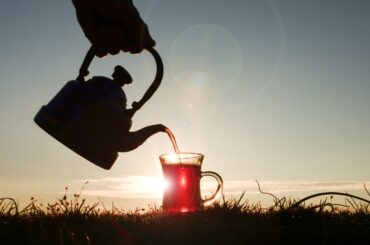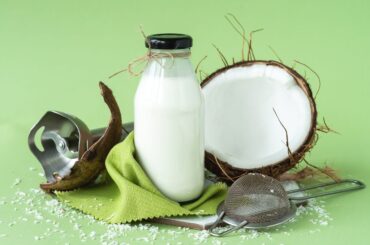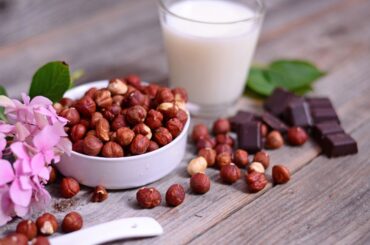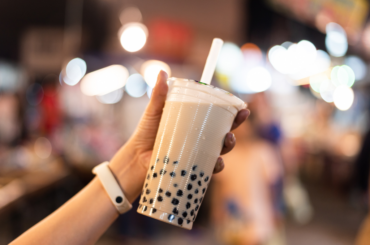Ever wondered why some people swear by a cup of tea for better focus? Or why tea ceremonies often symbolize mindfulness? Could your daily brew actually improve your memory?
Memory isn’t just about recalling names or facts; it’s a crucial part of our overall cognitive health. A sharp memory helps you learn, make decisions, and solve problems more efficiently.
This article dives into the fascinating world of tea and its potential benefits for memory enhancement. We’re not just talking about your regular cup of Earl Grey.
From green tea to herbal blends, we’ll explore various types of teas that could give your memory a much-needed boost. So, grab your favorite cup, and let’s steep some knowledge.
The Link Between Tea and Memory
What’s in your tea that sharpens your focus? Compounds like flavonoids and antioxidants are the answer. They battle harmful molecules and might even shield your brain cells.
A University of Singapore study revealed that people who regularly drink tea have more organized brain regions. This organization is crucial for good memory and other cognitive functions.
Green tea offers even more benefits, according to a study in the Nutrients journal. After drinking green tea, study participants scored higher on memory tests. So your tea ritual is doing more than warming you up; it’s giving your memory a boost. You might be giving your memory a little boost, backed by science.
10 Best Teas for Memory and Concentration
Ready to turn your tea time into a brain-boosting ritual? You’re in luck! Here’s our rundown of the “10 Best Teas for Memory and Concentration.”
Green Tea
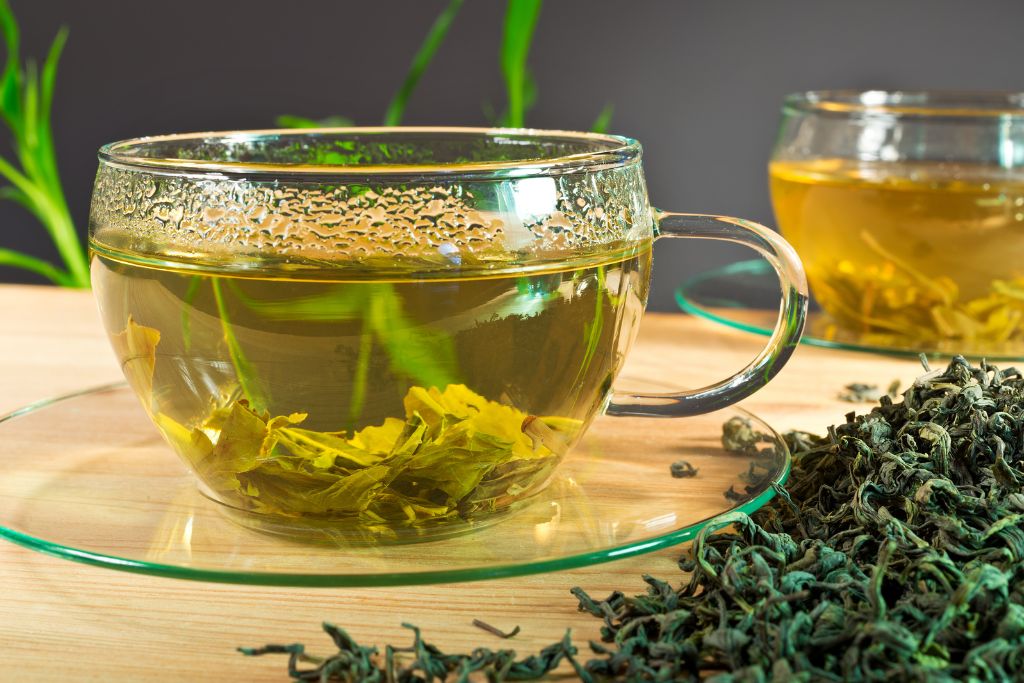
Green tea is the best memory booster. High in antioxidants like EGCG, it protects brain cells. It includes caffeine, so avoid drinking it late in the day..
Brewing Tips: Before drinking, steep green tea in hot water for 2 to 3 minutes without boiling. Stay at one teaspoon per cup. Because green tea includes caffeine, too much might cause jitters
Ginkgo Biloba Tea
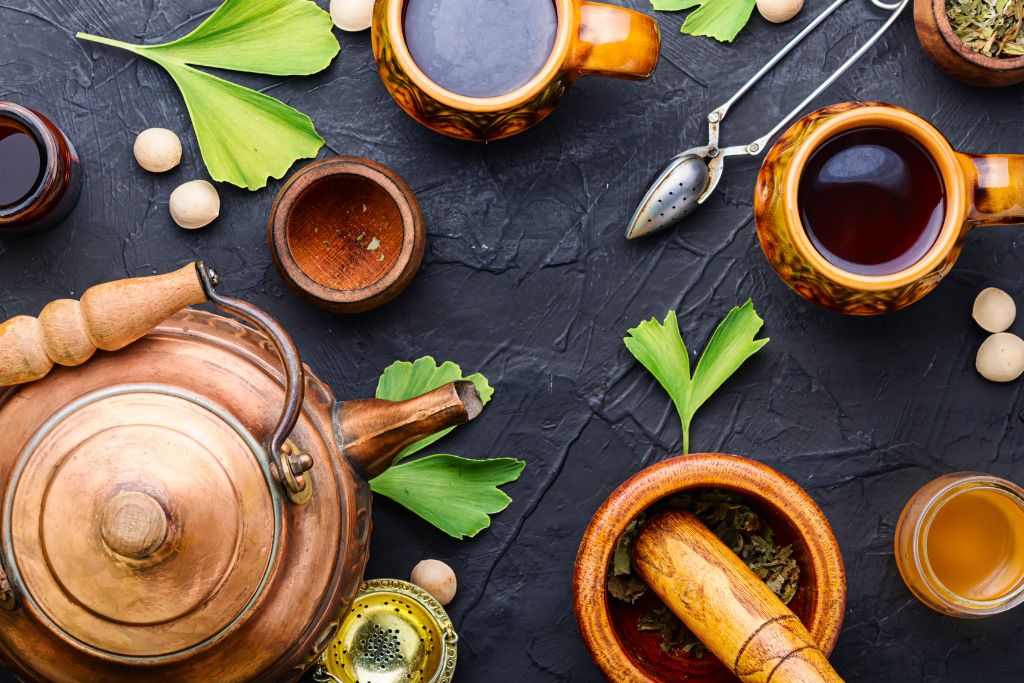
Ginkgo biloba leaf tea increases cerebral blood flow. This may improve focus and memory. It may interact poorly with other drugs, so consult your doctor first.
Brewing Tips: Tea should be brewed in boiling water for 5 to 10 minutes with one tablespoon of leaves each cup. See your doctor before taking any prescriptions.
Rosemary Tea
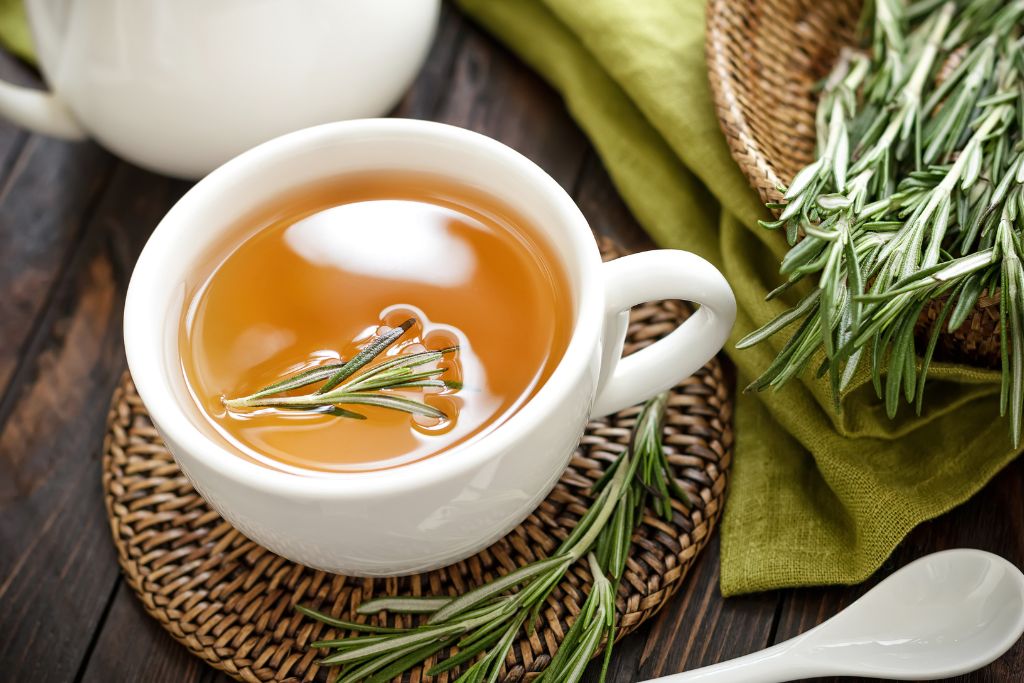
Drinking rosemary tea or using it in the kitchen can boost your brain. Rosemary compounds boost memory and focus. Adverse consequences may develop during pregnancy or nursing.
Brewing Tips: Use one teaspoon of dried rosemary to flavor one cup of tea for 5 to 10 minutes. Pregnant or nursing women should see a healthcare professional before drinking this tea.
Peppermint Tea
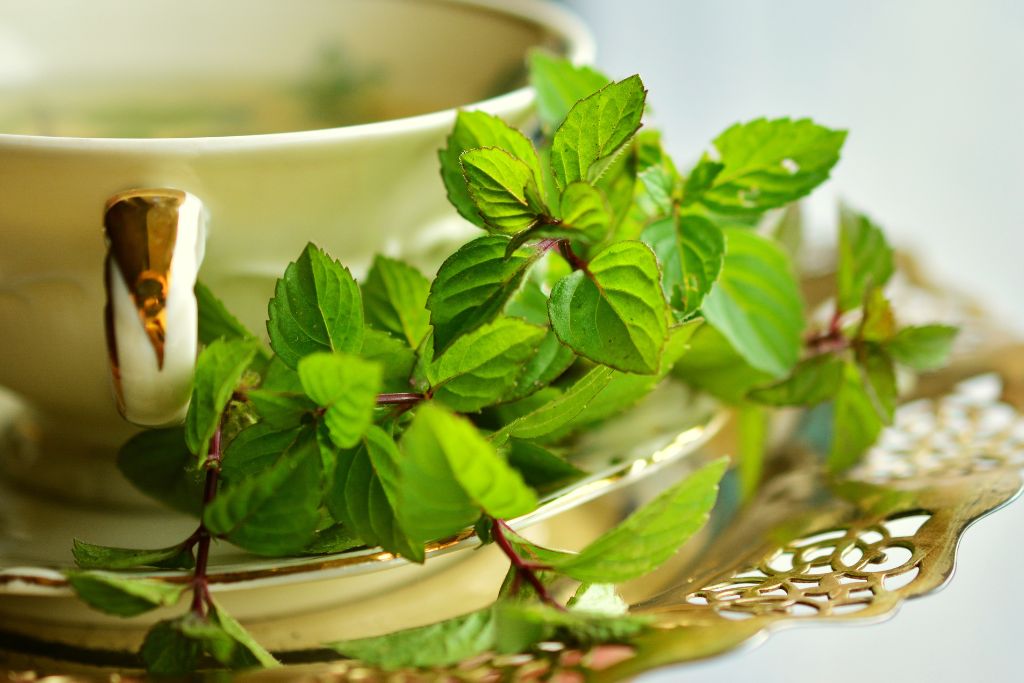
Tea with peppermint boosts the mind. Due to its focus-boosting properties, it can be ingested anytime without caffeine. If acid reflux bothers you, consider alternate treatments.
Brewing Tips: One tablespoon of fresh peppermint leaves per cup of water steeped for 7 to 10 minutes yields the best flavor. Even though it lacks caffeine, acid reflux sufferers should avoid it.
Black Tea
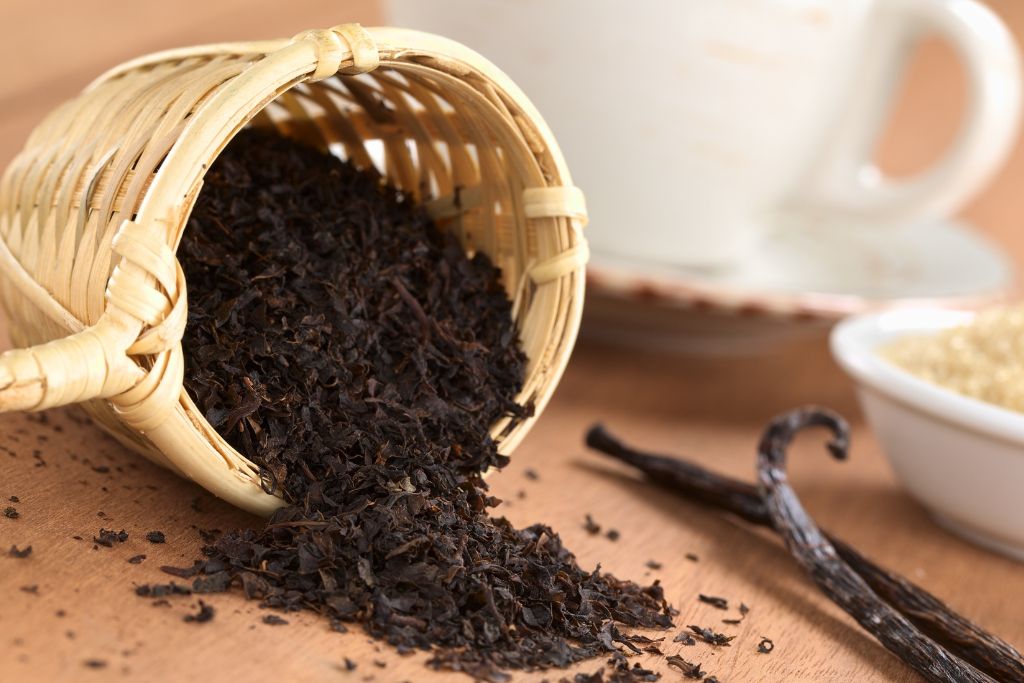
Stress reduction and mental clarity come with black tea. Be mindful of its caffeine content, especially if you plan to sleep soon.
Brewing Tips: Black tea needs boiling water and about 3 to 5 minutes to steep. One teaspoon per cup is a good measure. Just remember, it has caffeine.
Chamomile Tea
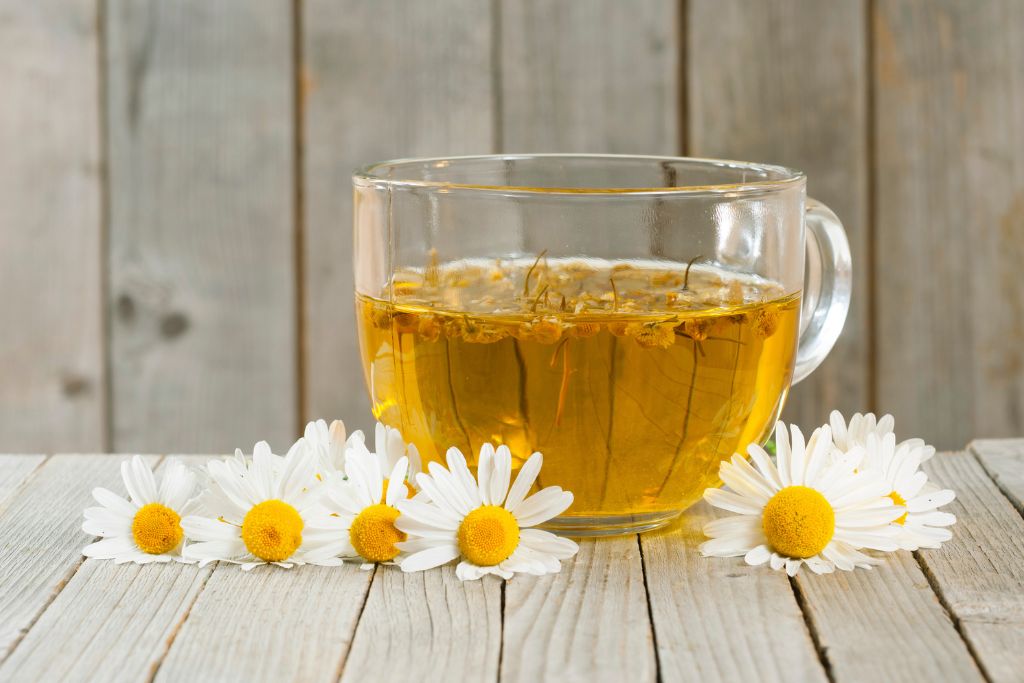
Chamomile Tea excels in calming your nerves, which can sharpen your focus. However, avoid it if you’re allergic to daisies or similar plants.
Brewing Tips: Use one tablespoon of chamomile flowers per cup. Steep for 5 minutes in hot water. If you’re allergic to daisies, avoid chamomile.
Ginseng Tea
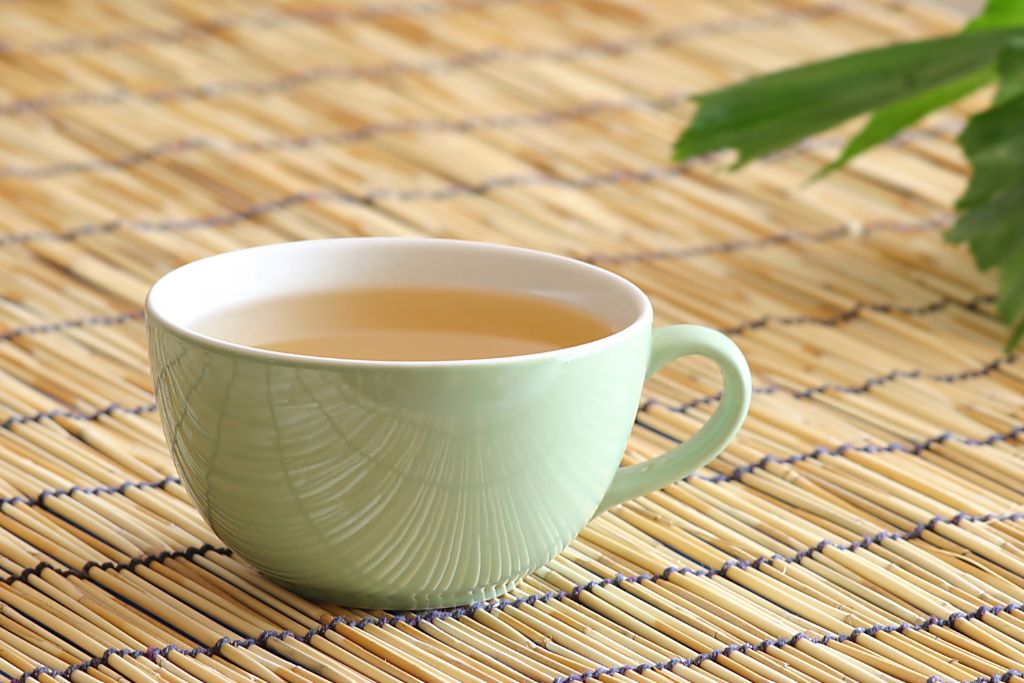
Ginseng tea reduces mental fatigue, improving performance. If you’re pregnant, on medication, or have a young child, consult a doctor first.
Brewing Tips: Steep ginseng root slices in hot water for 5 to 10 minutes. One slice per cup works well. Check with your doctor if you’re on other medications.
Lemon Balm Tea
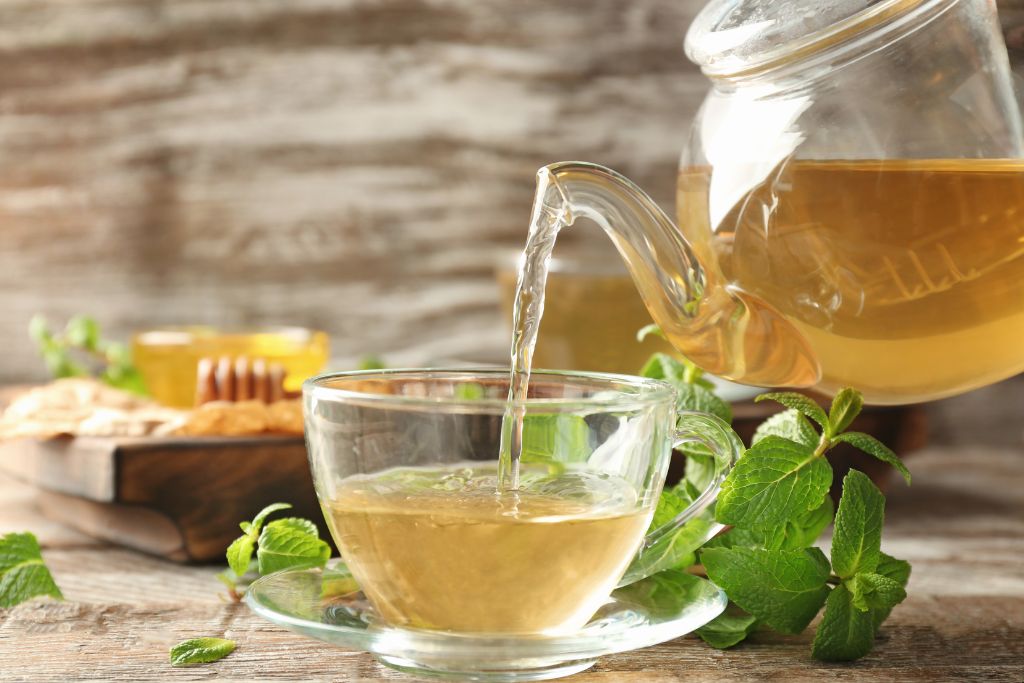
Lemon balm can help improve your mood and focus. It’s generally safe but can cause drowsiness, so be aware.
Brewing Tips: A tablespoon’s worth of lemon balm leaves requires about 5 to 10 minutes in hot water. Generally safe, it might induce drowsiness.
Turmeric Tea
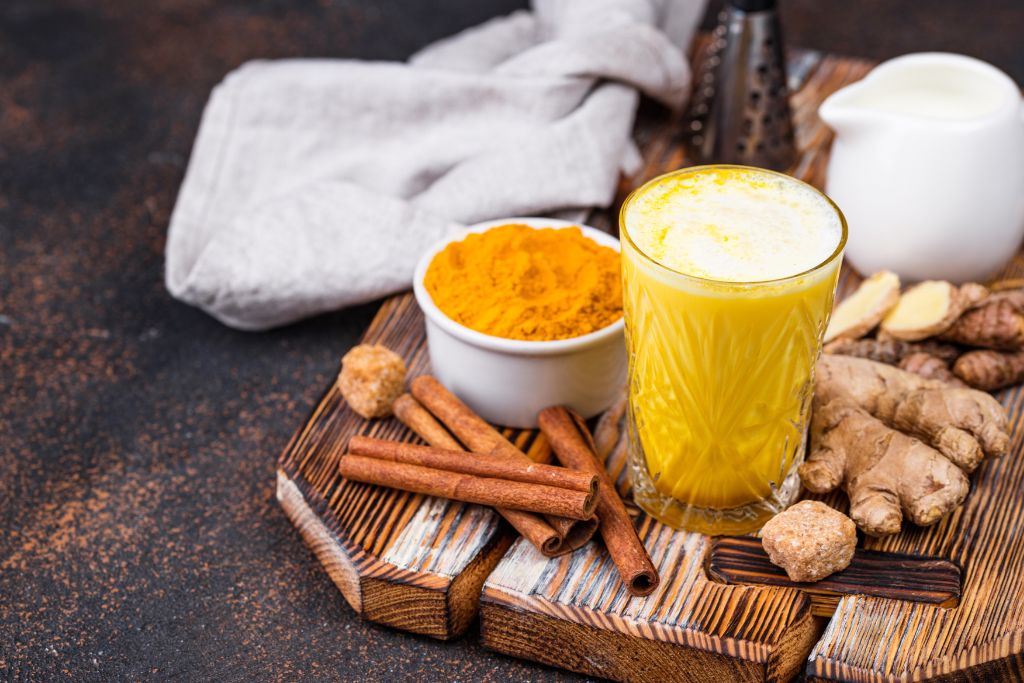
Turmeric contains anti-inflammatory and antioxidant curcumin, which benefits the brain. Take extreme caution if taking any medication, especially one that thins your blood.
Brewing Tips: Mix one teaspoon of turmeric powder with a cup of hot water and let stand for 5 minutes. Consult your doctor if you take blood-thinning drugs.
Yerba Mate
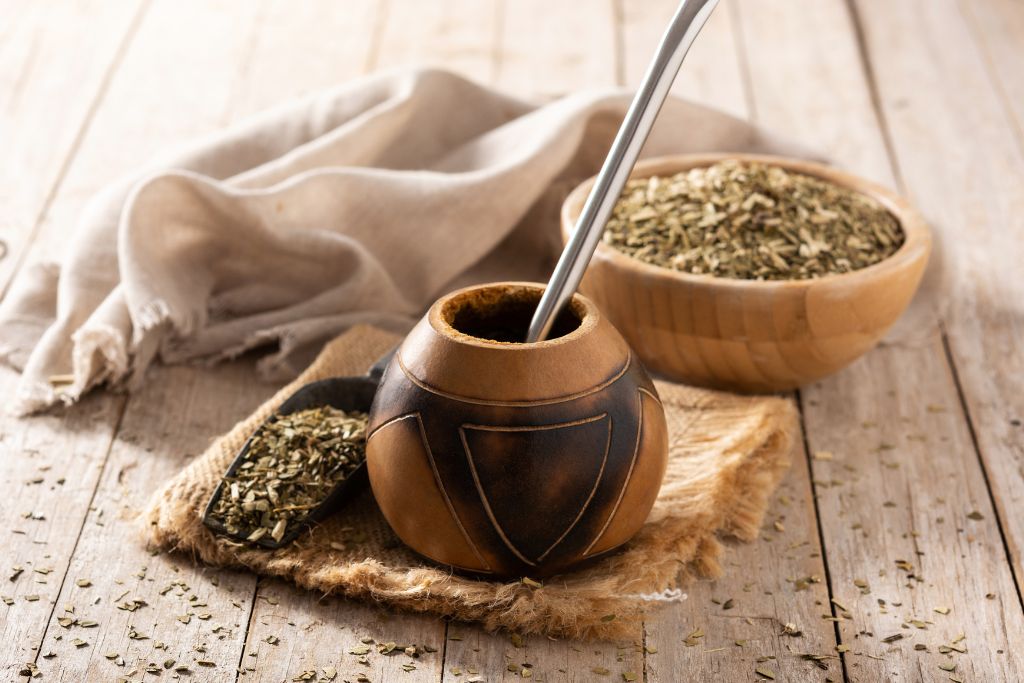
Yerba mate is a traditional drink that hails from the regions of South America, particularly in Argentina, Uruguay, Brazil, and Paraguay. This herbal beverage is made from the leaves of the Ilex paraguariensis tree
Its natural caffeine content provides a smooth increase in energy, making it a preferred choice for many over coffee. However, those sensitive to caffeine should be cautious with its intake, especially before bedtime.
Brewing Tips: For best results, steep one tablespoon of yerba mate leaves in hot water for 3 to 5 minutes. Adjust the steeping time according to your taste preference.
Disclaimer: Drinking these teas may improve your memory and concentration, but you should also eat well, exercise, and consult a doctor if you have any pre-existing health issues or are taking any medications.
Your brain health journey should always be guided by expert advice. Enjoy your tea responsibly!
Consumption Tips
You’ve got your tea and know how to brew it. But when should you drink it for the best brain boost? Timing can be everything, so let’s explore some tips on when to sip these teas for maximum effectiveness.
- Green Tea: Enjoy it in the morning or early afternoon to avoid caffeine-related sleep disturbances.
- Ginkgo Biloba Tea: Best consumed in the morning, especially during a busy day, for improved focus and memory.
- Rosemary Tea: Mid-morning is ideal for rosemary tea, promoting alertness and memory enhancement.
- Peppermint Tea: With no caffeine, peppermint tea is suitable for any time, but it’s particularly effective during afternoon slumps.
- Black Tea: Morning or early afternoon suits black tea due to its caffeine content, aiding alertness.
- Chamomile Tea: Opt for it in the evening to relax and prepare for restorative sleep.
- Ginseng Tea: Kickstart your day with ginseng tea in the morning for enhanced focus.
- Lemon Balm Tea: Anytime works for lemon balm tea, but be cautious if you have a busy schedule.
- Turmeric Tea: Morning is an excellent time for turmeric tea, harnessing its anti-inflammatory benefits.
- Yerba Mate: Morning or early afternoon is ideal. Caffeine can keep you awake if consumed too late.
A Memory-Boosting Daily Routine with Tea
Discover 10 practical ways to use memory-enhancing teas and some delicious brain power combos. Always remain consistent for long-term results.
Start Your Day Right
Drinking green tea or ginkgo biloba tea first thing in the morning has been found to boost memory. Combine it with your favorite sugar-free oatmeal.
Midday Mental Pick-Me-Up
Combat post-lunch brain fog by sipping peppermint or rosemary tea. Add a spoonful of honey for extra energy, and snack on blueberries or dark chocolate for an antioxidant-rich memory boost.
Afternoon Focus Break
During your afternoon break, try a cup of black or white tea to improve concentration. Accompany it with a small serving of walnuts or almonds, packed with brain-boosting healthy fats.
Evening Mindful Relaxation
Wind down in the evening with caffeine-free options like chamomile or lemon balm tea to promote relaxation and memory consolidation. Pair them with a serene environment for optimal results.
Tea for Thoughtful Reading
Enjoy a cup of herbal tea while diving into a good book or engaging in intellectual pursuits. This habit can enhance comprehension and retention.
Tea with Meditation
Combine tea drinking with mindfulness meditation to stimulate brain function and reduce stress, which can impair memory.
Tea and Study Sessions
Before tackling study sessions, brew a cup of tea. Options like ginseng or hibiscus can enhance memory retention and recall.
Social Tea Gatherings
Host tea gatherings with friends or family and enjoy teas rich in antioxidants, like white or oolong, along with brain-boosting conversations and puzzles.
Consistency is Key
Remember, the key to lasting memory enhancement is consistency. Make tea a daily habit and monitor your progress. Complement your tea rituals with a balanced diet, regular exercise, and adequate sleep for comprehensive cognitive health.
FAQs
What Tea is Good for Memory?
Green tea and ginkgo biloba tea are excellent choices for memory enhancement. They contain compounds that protect brain cells and improve cognitive functions.
Is Tea Good for Memory?
Yes, certain teas, like green tea and rosemary tea, are the best teas for memory. They contain antioxidants and other compounds that can boost cognitive functions.
What Tea is Best for Studying?
The best tea for studying is ginseng. It can help improve mental performance and reduce fatigue, making it easier to focus on your studies.
What Tea is Best for Focus and Concentration?
Peppermint tea and yerba mate are the best teas for focus and concentration. These teas contain herbs for concentration that can help you stay alert and attentive.


